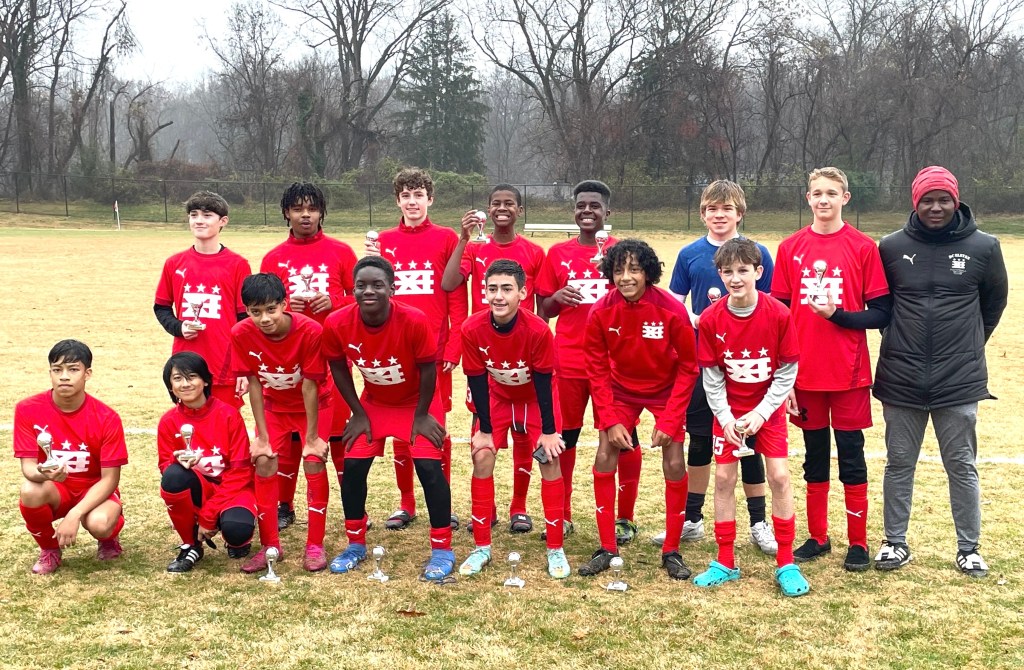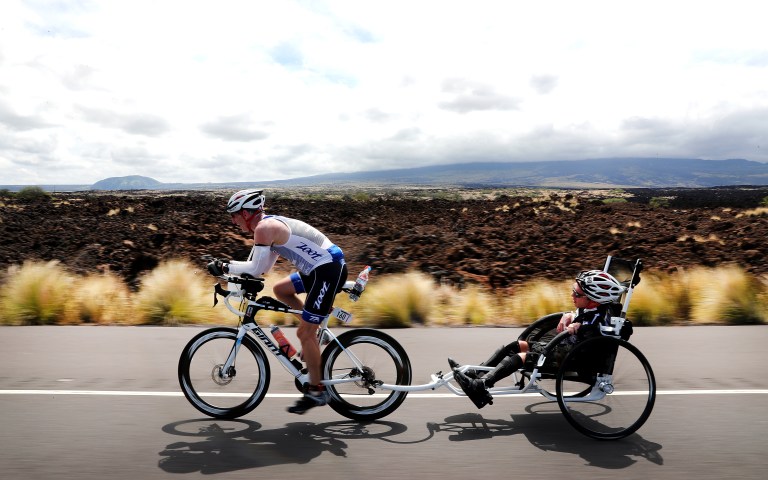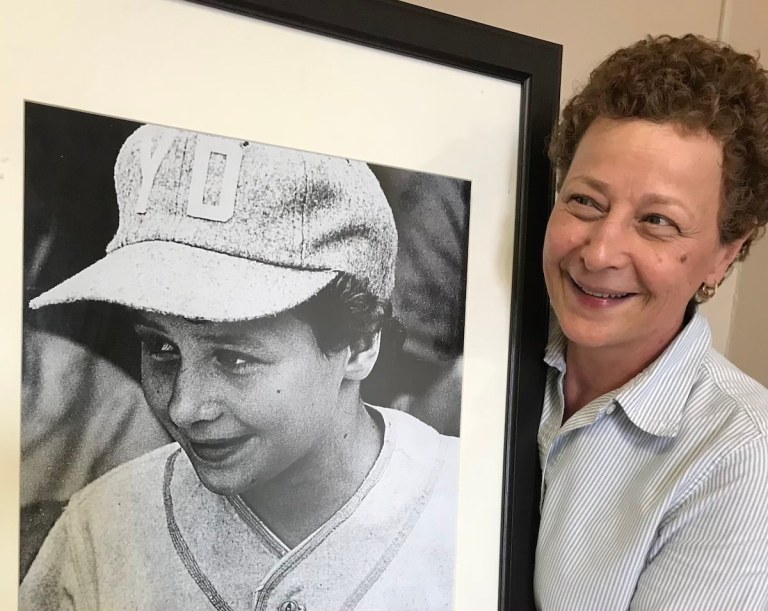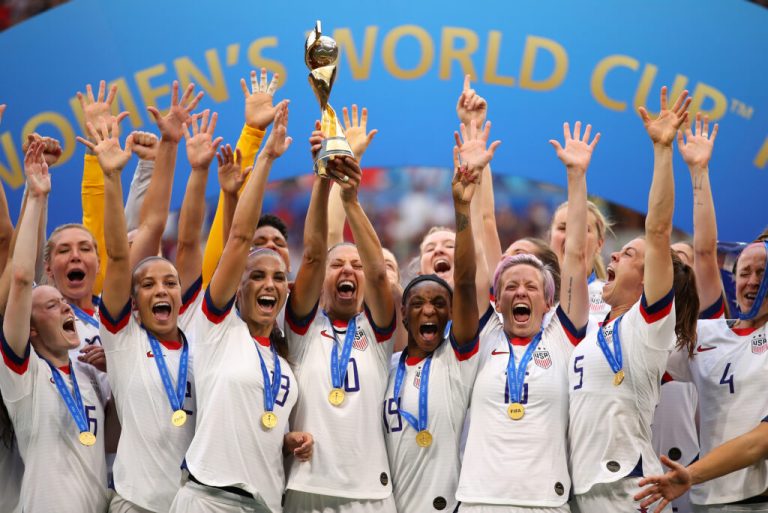When Pierre Hedji was growing up in Benin, West Africa, he would rush to school early to get in a game of soccer with friends before the bell rang, then hurry through his homework in the afternoon and play until dark. He participated in street tournaments with the neighborhood kids on the weekends, working hard to earn his spot and competing for the “glorious prize of raw cashews.”
Today, Hedji’s bringing the lessons he learned as a child to a new generation of sports enthusiasts through his Washington D.C.-based nonprofit soccer club, DC Eleven. “That tenacity is what we aim to instill in our young players, the hunger for the game, the thirst to improve, and the respect and admiration for the game that makes it all worth it,” he told Nice News.
Sometimes viewed by parents as pipelines to college sports scholarships and eventually the global stage, soccer clubs are often expensive, exclusive domains. But with a philosophy centered on leveling the field, DC Eleven is different. Those who can afford to pay full price do, and those who can’t simply contribute what they’re able to.
That may mean just buying the uniform, or putting in a small dollar amount and helping out at fundraisers. “We do this because we have found that families aren’t looking for handouts, they want to be part of this community, and that means contributing in any way possible,” Hedji explained. “Everyone here understands that we must elevate each family, in order to achieve our [soccer], life, and community goals.”
DC Eleven, which Hedji co-founded in 2019, isn’t the only nonprofit soccer club in the country — there are similar programs, like Street Soccer USA, which operates in 16 cities across the country — but it’s far from representing the norm.
“Pay to play is more of a problem than ever before,” Tom Farrey, executive director of the Sports & Society Program at The Aspen Institute, told NPR in 2022. “We now have families being charged thousands of dollars for their children to chase a ball on a green field and try and push the ball into the back of a net that cost very little.”
He noted that the U.S. is lagging behind the rest of the world in terms of youth soccer opportunities, adding: “We are just structurally pushing aside kids who want to play a game that is accessible around the world to kids of all income categories.”
For Hedji and his staff, ensuring the game is accessible is step one. Step two and beyond is teaching kids the skills they need for mastery, enabling them to compete with anyone and everyone. Programs range from “Tots soccer school,” which introduces the youngest boys and girls to soccer, to an older team for teenage boys preparing to play in college or professionally.
“As a club, we believe the way we play is more important than the score itself. Oftentimes we can go into a game and win and it’s not the way we want to play,” Hedji shared with Nice News. “However, there are times where we lose a game and it is exactly the way that we want to play. Those are the sweet moments for us as a club.”











